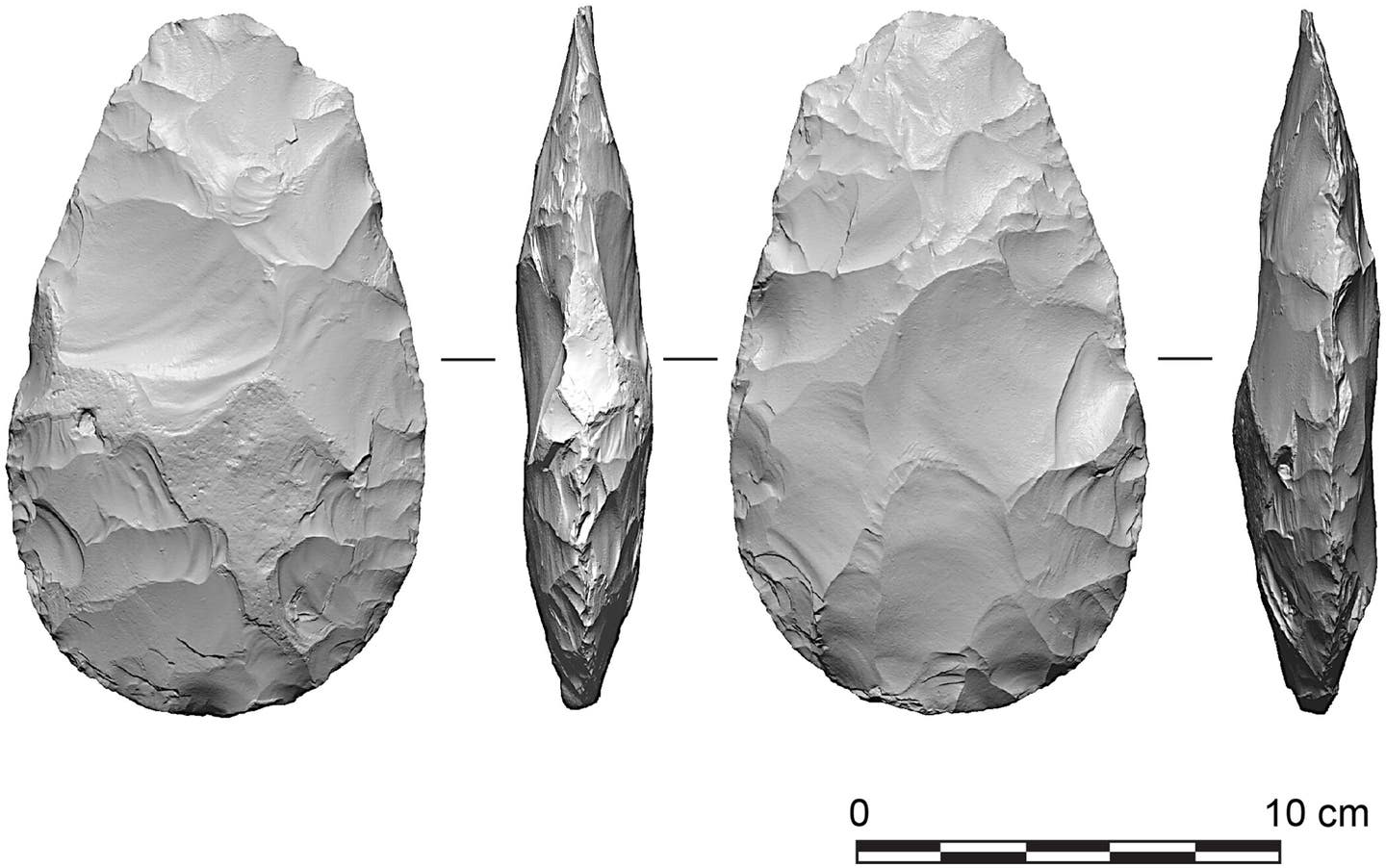Drinking coffee linked with healthy aging in women, study finds
30-year study of nearly 50,000 women finds that moderate coffee drinking in midlife is linked to healthier aging—both mentally and physically.

Moderate coffee drinking may support long-term health and mental sharpness in women, new 30-year study finds. (CREDIT: CC BY-SA 4.0)
A steaming cup of coffee might hold more than just a morning boost. For many women, that daily ritual could play a role in staying sharp and active later in life. A new long-term study tracking nearly 50,000 women for three decades suggests that caffeinated coffee may help support healthy aging.
Researchers found that women who regularly drank coffee during middle age were more likely to reach their 70s free from major diseases and mental decline. The results, presented by Dr. Sara Mahdavi at NUTRITION 2025 in Orlando, build on earlier studies showing links between coffee and better heart and brain health. But this new work is different—it looked at aging across multiple areas over 30 years.
Coffee and Aging: A Strong Link Emerges
The women in this study were part of the well-known Nurses’ Health Study, one of the largest and longest health studies ever conducted. Since 1984, over 47,000 participants aged 45–60 provided detailed reports on their diets and health every four years. Researchers used this information to study how caffeine intake affected long-term health.
By 2016, about 3,700 women had reached at least age 70 with no signs of major chronic disease, cognitive decline, or physical disability. These women were considered “healthy agers.” Most had consumed about 315 mg of caffeine daily in midlife—roughly the amount in three small cups of coffee. Over 80% of that caffeine came from regular coffee.
For every extra cup of coffee consumed per day, the odds of healthy aging rose by 2% to 5%, up to five cups daily. These benefits, however, didn’t apply to tea or decaffeinated coffee. And drinks like cola actually had the opposite effect. Each extra glass of soda was tied to a 20% to 26% lower chance of healthy aging.
“While past studies have linked coffee to individual health outcomes, our study is the first to assess coffee’s impact across multiple domains of aging over three decades,” said Dr. Mahdavi, a postdoctoral fellow at the Harvard T.H. Chan School of Public Health and adjunct professor at the University of Toronto.
Related Stories
Why Coffee Stands Out
The research team used validated food frequency questionnaires to estimate how much caffeine the women consumed. They included all major sources: coffee, tea, cola, and decaf. They then measured how caffeine levels affected the likelihood of aging well while adjusting for other factors such as smoking, alcohol use, body weight, exercise habits, protein intake, and education.
Interestingly, only caffeinated coffee showed a link to healthy aging. This suggests the health effects may come from compounds unique to coffee—not just the caffeine. Tea and decaf coffee didn’t offer the same benefits.
“This would imply that coffee in particular has health preserving or promoting effects,” said Dr. David Kao, a heart disease expert at the University of Colorado Anschutz Medical School, who was not involved in the research. “They also appear to have found that coffee has a particular benefit over other caffeinated drinks.”
But it’s not just about one ingredient. Coffee contains hundreds of biologically active compounds. These may work together to support cellular health, reduce inflammation, and improve metabolic function—factors that all influence how well someone ages.
The Fine Print: Not All Coffee Drinkers Benefit Equally
Even though the findings are promising, they come with a few cautions. First, this is an observational study. It shows a pattern but can’t prove cause and effect. While the researchers adjusted for many other variables, there may still be unknown factors linking coffee to health outcomes.
Dr. Mahdavi explained that individual biology matters too. “Coffee may support longevity, but it’s not a universal prescription—especially for women. Hormonal shifts influence how caffeine is metabolized, so the benefits depend on timing, biology, and individual health.”
For instance, estrogen blocks a liver enzyme needed to break down caffeine. This means that caffeine can linger longer in the body of someone going through menopause, pregnancy, or taking oral birth control.
In fact, Dr. Mahdavi and her colleagues have shown in other research that genetics can affect how the body handles caffeine. People with lower caffeine tolerance or specific genetic profiles might not benefit from more coffee. For them, drinking too much could even be harmful.
That’s why she recommends moderation. “Moderate caffeinated coffee consumption—typically one to three cups per day—can be part of a healthy diet for many adults,” she said. “However, this should not be taken as a blanket recommendation for everyone to begin or increase coffee intake with the goal of longevity.”
Dr. Kao agrees. “Although women who drink 3 cups of coffee/day might have better long-term functioning than non-coffee drinkers, we don’t know if non-coffee drinkers started drinking 3 cups a day, whether they would have better functioning than if they remained non-coffee drinkers,” he said.
Coffee Is Just One Piece of the Puzzle
While coffee might help, it’s not a shortcut to good health. It won’t replace the value of exercise, good sleep, or a nutritious diet. “Moderate coffee intake may offer some protective benefits when combined with other healthy behaviors such as regular exercise, a healthy diet and avoiding smoking,” Mahdavi said.
Some people do need to be careful. High caffeine intake can worsen high blood pressure, heart conditions, anxiety, or sleep problems. Dr. Lu Qi from Tulane University, who was not involved in this study, warns that caffeine should be limited in people with these conditions.
His own research found that morning coffee may be better than coffee later in the day for reducing death rates. This could be linked to how caffeine affects sleep, blood pressure, or metabolism over the course of the day.
Even for those who enjoy coffee and tolerate it well, the benefits appear modest. But they’re real—and they add to a growing body of research showing how small daily choices can shape long-term health.
What’s Next for Coffee and Longevity Research?
Scientists now want to dig deeper. Future studies will explore how specific compounds in coffee affect genes and molecules linked to aging. These studies may lead to personalized diet plans to help people age well based on their biology.
“Understanding these mechanisms could guide personalized medicine approaches to develop diets that support longevity and cognitive health for individuals,” said Mahdavi.
Until then, the takeaway is simple. That regular morning cup might be doing more than waking you up. For many women, it could also be helping them age with strength, clarity, and grace.
Note: The article above provided above by The Brighter Side of News.
Like these kind of feel good stories? Get The Brighter Side of News' newsletter.



